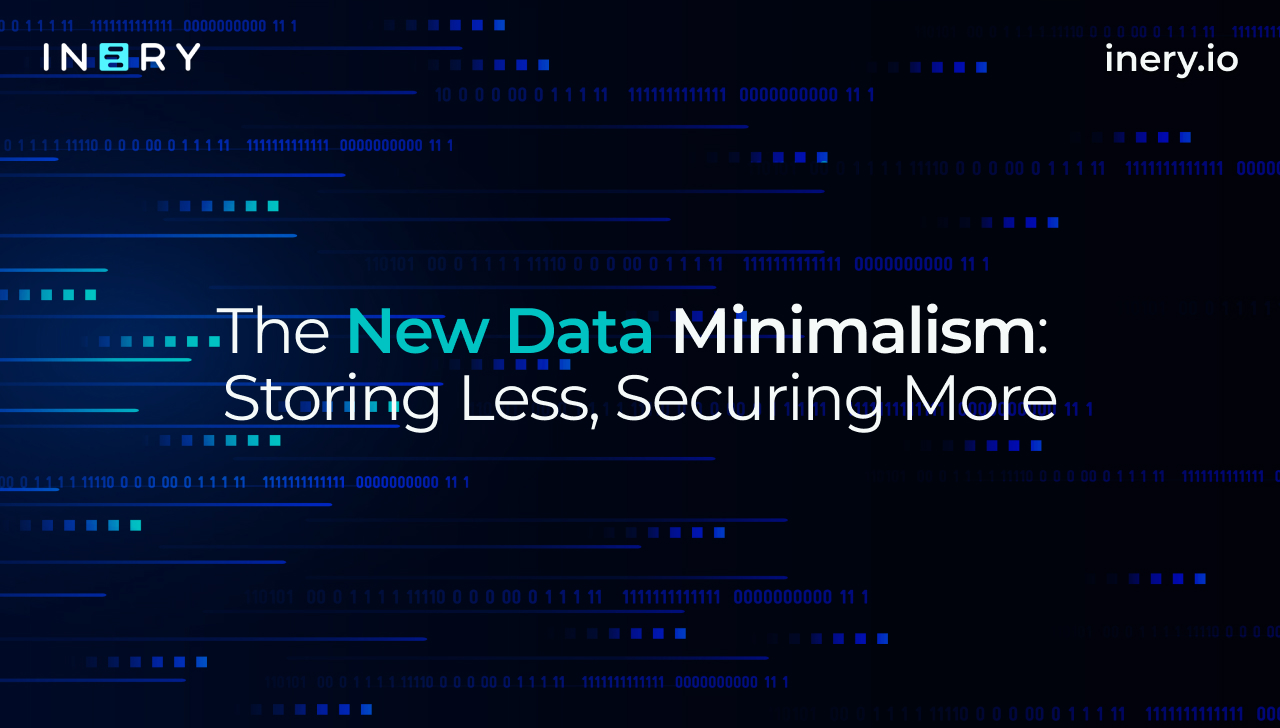Inery is created on a proprietary layer-1 blockchain designed to offer the solution of decentralized database management with the vision to enable a new paradigm for data. It lays the foundation for web3 by seamlessly connecting with systems, applications, and layer-1 networks.
Inery consists of two core products– Inery blockchain and IneryDBMS, the decentralized data management system. The ecosystem is focused on fostering the essence of Web3, while guaranteeing high throughput (5000 tps), cross-chain compatibility, sustainability, and top-notch security.
User data is managed via multiple servers across the network — also known as MEM nodes. This ensures high speed, low cost, and accelerates data recovery speed.
In order to fully understand how you can become an Inery validator, we first need to go over Inery’s testnet and what the developers have done so far.
Inery’s Testnet
Inery launched its first public testnet on August 10th, 2022. By participating, developers can explore a range of functionalities, including creating smart value contracts, performing token transfers, utilizing various operations, and developing contracts for tokens and NFTs. This provides an opportunity to interact with and test the platform's features.
In addition to this, participants are able to check blocks, and transactions within the network with the record permanently stored on the database. Apart from that, developers can register as a producer of blocks or validators.
Inery’s testnet allows developers to explore the functionalities in the network. With the feedback received from the developers, Inery’s tech team continuously improves the testnet and expands its abilities. It goes without saying that the testnet is of utmost importance for the testing and experimentation of Inery. This ensures that Inery’s mainnet rollout goes perfectly.
The Inery Blockchain’s DNA:
- Hybrid (public and private) chain – the public chain is optimized for the private decentralized data management solution to enable users to build and deploy their applications.
- Self-delegated proof-of-stake (SDPOS) - consensus mechanism, which is energy efficient and makes it expensive to carry out Sybil attacks. The consensus also enables high throughput and secure functioning of the network and faster transaction finality of data assets.
- DAO governance – Inery is DAO governed to enable decentralization and cohesion among stakeholders.
- Interoperability – The ecosystem features Inery GUI that enables you to communicate with or share data across multiple chains and industries.
- Immutability - Data, once stored on the blockchain, becomes tamper-proof. The history of the data is retained, including modifications made, to achieve accountability and authenticity.
- Low-cost, high-speed – Inery uses MEM nodes to achieve high performance and low network latency. Converting data into cryptographic texts and storing them on the blockchain enables Inery to provide an affordable database management solution without compromising speed and security.
- API - execution on nodes through API to retrieve the data from tables on the blockchain, making it fast and efficient.
- Scalability – Designed to handle increasing data volumes and network growth seamlessly.
Dr. Naveen Singh, the CEO and Co-Founder of Inery, said that Inery’s testnet will be a landmark in the blockchain space as Inery brings database management in convergence with a decentralized layer. Inery’s aim is to also build an ecosystem that is developer-intuitive and provides limitless opportunities for them to build Web3 dApps.
Three weeks ago, Inery’s testnet had over 1000 nodes running in more than 10 countries. Currently, our testnet has over 2000 nodes running in 36 countries.
Becoming An Inery Validator
Validators are randomly selected network nodes operating in Proof-Of-Stake blockchains that verify transactions (data submitted to be added to a blockchain) on a blockchain. In order to become an Inery validator, you first need to have your node in the network.
The first step is signing up and creating an account. After that, you need to apply for a 50k $INR faucet. Once that is approved, you can download all of the needed files so that you can launch the node on your computer or server. The next step is starting the node, and once you are done with all the steps – you are capable of creating, validating, and signing blocks.
In Inery’s testnet, validators are master nodes or producer nodes.
If becoming a master node doesn’t interest you, but you still want to participate in the testnet and earn tokens – you can become a lite node in the Inery testnet. Lite nodes are peers in the network that help the network function by making a copy of the ledger and by listening to all newly created blocks. You can push transactions, read ledgers, and interact with the blockchain.
Want to become an Inery validator? Join us, here.
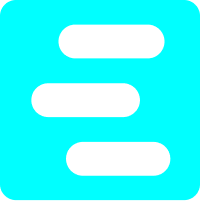
Inery•
4 months ago
Data That Knows You Better Than You Know Yourself
Learn how algorithms and AI track our digital behavior, and how Inery empowers users to take back control of personal data ethically. ...READ MORE
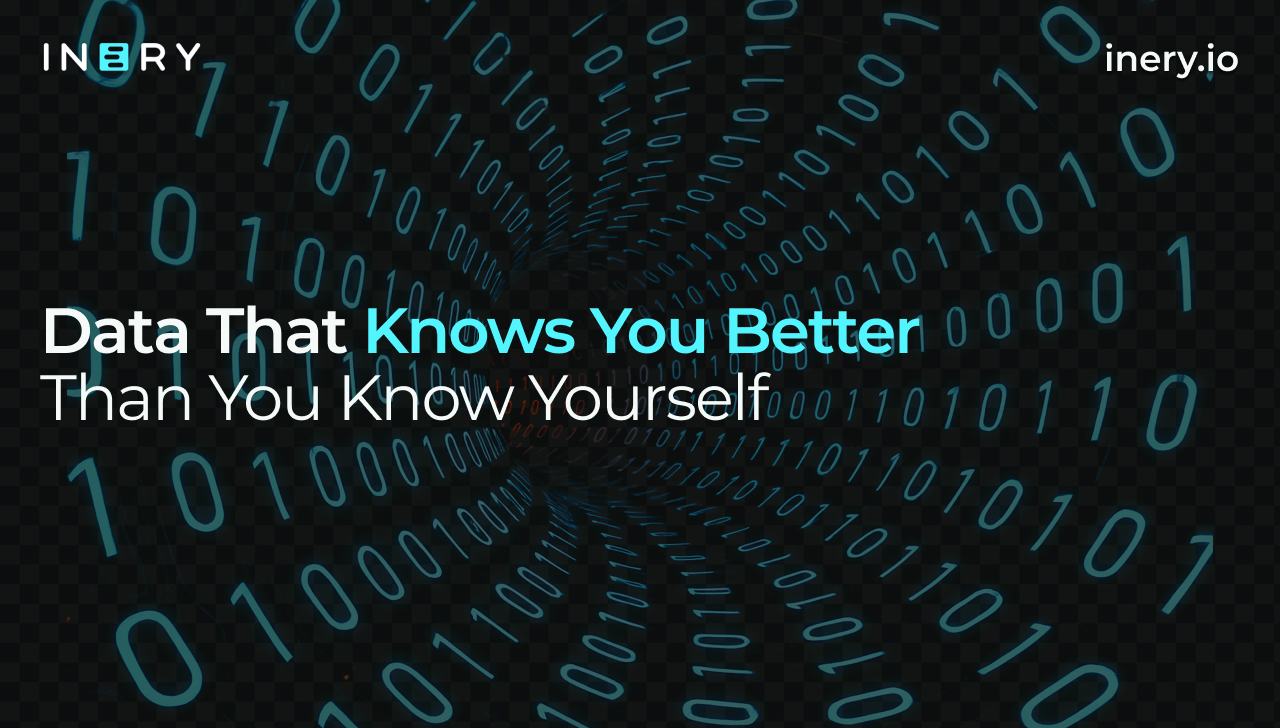
Share

Inery•
2 years ago
The Priceless You: Uncovering the Untold Value of Personal Data
Uncover the hidden value of your personal data in the digital realm, where tech giants thrive on your information. ...READ MORE
-1700735858.png)
Share

Inery•
2 years ago
Enhancing IoT Security and Efficiency with Decentralized Database Architecture
Decentralized databases are transforming IoT by improving security and scalability, with Inery leading the way towards a more secure and efficient future. ...READ MORE
-1707390464.png)
Share

Inery•
11 months ago
How to Handle Data Growth Pains
Data growth is inevitable, but chaos doesn’t have to be. Learn how businesses can manage expanding databases without sacrificing performance, security, or IT sanity. ...READ MORE
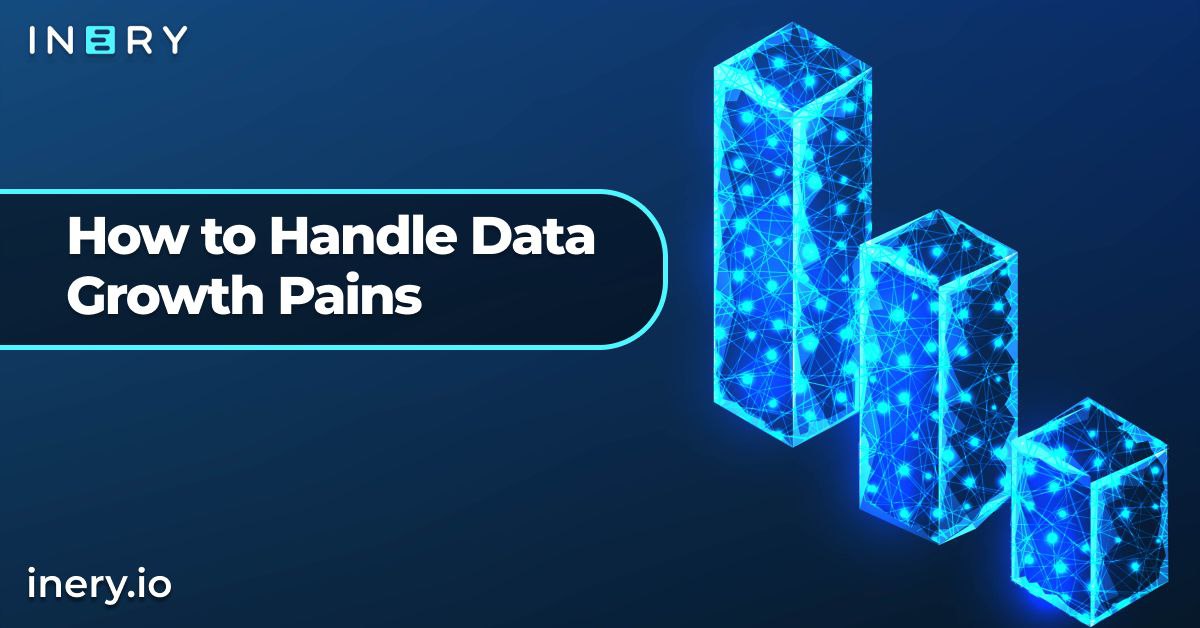
Share
Most popular today

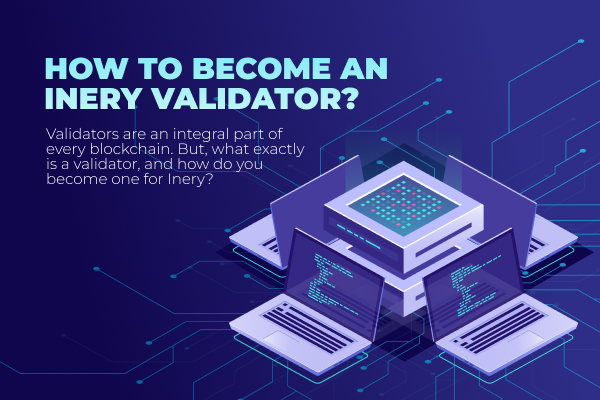
-1691048052.png)
